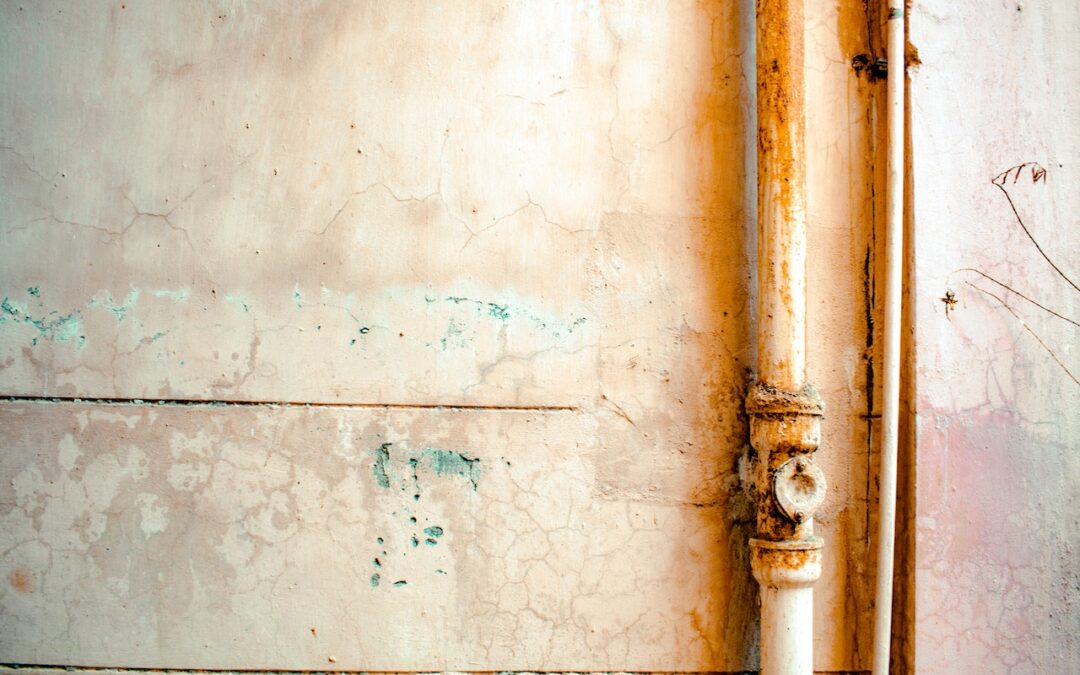The thought of a pipe leaking beneath your home’s concrete foundation can be a homeowner’s nightmare. The damage potential and costly repairs associated with such leaks make early detection crucial. Detecting a slab pipe leak early can save you from extensive damage to your home’s foundation and prevent skyrocketing water bills. Here are some telltale signs to look out for:
- Unexplained Increase in Electricity Bills:
An unexplained surge in your water bills is one of the most glaring indicators of a potential slab pipe leak. If your water usage habits have remained consistent, but your monthly charges have skyrocketed, it’s time to consider the possibility of an underground leak. Undetected leaks can cause a continuous water flow, causing your bills to balloon without any apparent reason.
- Damp or Wet Spots:
A visual inspection of your home’s flooring can reveal critical clues about a slab pipe leak. Pay close attention to areas where you wouldn’t typically expect dampness or water accumulation, such as in the middle of your living room or hallway. Damp spots or puddles indicate water seeping from a hidden source beneath your foundation. Don’t dismiss even the slightest moisture; it could be an early sign of a more significant issue.
- Musty Odors:
A persistent musty smell can clearly indicate hidden moisture within your home. The smell arises from the damp environment created by a slab leak. If you notice a musty odor that doesn’t seem to dissipate despite your best efforts at cleaning, it’s a strong indication that moisture is infiltrating your home’s structure.
- Warm Spots:
In the case of a leak involving hot water pipes, you might encounter localized warm spots on your flooring. As the heated water escapes from the pipe, it can influence the temperature of the surrounding materials. Gently touching different floor areas can help you identify any unexpected warm patches pointing to a leaking hot water line beneath your slab.
- Low Water Pressure:
A leak in a supply pipe can lead to reduced water pressure in your faucets and fixtures. The compromised pipe could be diverting water away from your intended outlets, reducing the pressure you experience.
- Sounds of Running Water:
Sometimes, your ears can be your best tool for detection. If you hear the sound of running water when no taps are turned on, there’s a good chance that water is escaping from a hidden source.
Mastering Leak Detection Tampa: Identifying and Resolving Pipe Leaks
To determine if a leak is hiding under your home’s foundation, you can rely on a mix of regular checking and modern methods. Start by closely looking around your floors and walls for signs like wet spots, unusual colors, or mold starting to grow.
You can also try something basic like turning off all your water taps and then keeping an eye on your water meter. If it keeps moving even when you’re not using water, that could mean a hidden leak. You might want to call in a plumber for a more thorough test. They can do something called a pressure test, which helps find out if there’s a leak by checking how the water pressure holds up. Regarding leak detection Tampa has some of the best plumbers; you can always contact them for a free inspection.
The professionals can use special tools to listen carefully for any sounds of water escaping from the pipes. This trick, known as acoustic leak detection, can help you find exactly where the leak is hiding. Another method involves using special cameras that can pick up temperature changes. Leaking pipes can cause wet spots that feel cooler due to evaporation; these cameras can spot those differences. Plumbers can also send a tiny camera into your pipes to see if there are any issues inside. This camera inspection is like a peek inside the pipes to see if there are any leaks or problems.
Finally, you can also get help from professionals who use sensors to measure the dampness in the soil around your house. These sensors can give you a hint if there might be a leak nearby.

Recent Comments